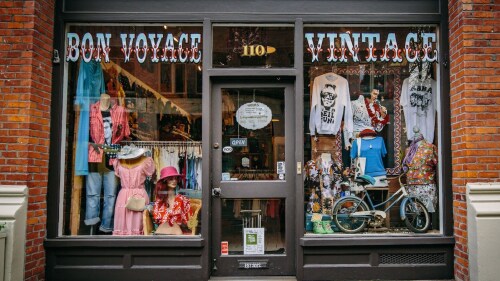More Seattle neighborhoods could start receiving behavioral health specialists as first responders for emergency calls after Mayor Bruce Harrell announced a proposal to expand the city’s Dual Dispatch program.
The dual dispatch program launched as a pilot in October 2023 under the city’s Community Assisted Response and Engagement (CARE) department. In an effort to diversify the types of first responders, CARE deploys a set of behavioral health specialists trained to provide more tailored care to some emergency situations, freeing up police officers in the process.
The city believes the dual dispatch system has been largely effective at safely assisting community members after analyzing emergency response data from the last eight months.
The city now intends to expand it by:
- Hiring 21 new staff members, including 18 responders and three supervisors
- Extending hours from 11 a.m.-11 p.m. to 24 hours, seven days a week
- Expanding the neighborhoods covered by the program from Downtown, SODO, and the Chinatown-International District to include Capitol Hill, Central Area, First Hill, Judkins Park, Madison Park, Montlake, and upper Pike/Pine
- Building new partnerships with Seattle University, the University of Washington, Crisis Solutions Center, and others
The expansion, which would be phased throughout 2024, would cost the city ~$1.9 million to implement.
Mayor Bruce Harrell has included the price within his Mid-Year Supplemental Budget request, with the intention to pull it from available federal funding. Seattle City Council will still need to approve the move.
Here are some other stats to sum up dual dispatch’s first eight months:
- Behavioral health specialists responded to more than 500 calls since the program began.
- Their average response time was less than 10 minutes and responders were on-scene for an average of 39 minutes.
- Police officers requesting assistance accounted for 88% of calls received.
- The most common request involved transportation to shelters and day centers.











